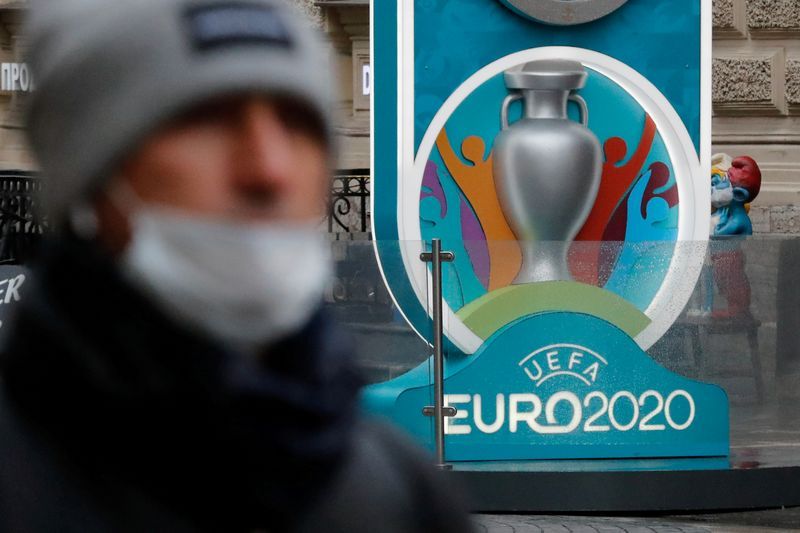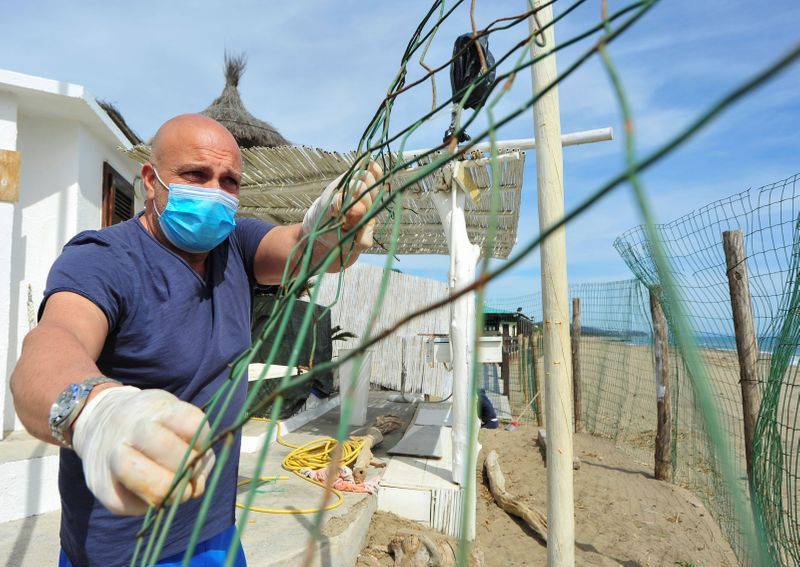FARC negotiator demands strong gestures from Colombia president
Colombian President Juan Manuel Santos must make strong gestures to avoid another half-century of conflict in the South American nation, a commander for the FARC rebel group told AFP.
Peace talks in Havana aimed at ending the conflict between the government and the Revolutionary Armed Forces of Colombia (FARC) have been threatened in recent weeks by renewed bloodshed.
Rebel commander Pastor Alape, who is a member of the negotiating team in the talks that started in November 2012 here in Havana, said over the weekend that both sides needed to take important steps to "deepen the de-escalation of the armed conflict."
"Today we need strong gestures (…) to prove that President Santos will become the president of peace," said Alape, a senior figure in Colombia\’s main rebel group, which according to official figures still has nearly 8,000 fighters, mainly in rural areas.
Colombia\’s civil strife dates back to 1964 and has drawn in left-wing guerrillas, right-wing paramilitaries and drug gangs at various times, killing more than 220,000 people and uprooting as many as six million.
"We cannot allow the conflict to continue in Colombia for another 51 years," Alape said. "We must support the peace process … and emphasize the need for a bilateral ceasefire."
The Colombian government said for the first time Saturday that it was potentially open to a bilateral ceasefire.
Until now, Santos had rejected such a move, even though the FARC implemented a unilateral ceasefire last December.
This ceasefire led to a lull in the conflict, but armed clashes resumed in mid-April, following a FARC ambush that left 11 dead.
Since then, about 30 rebels have been killed in army operations and recent surveys show the public to be wary about the peace process.
But Alape, 56, whose real name is Felix Antonio Munoz, does not think the government is ready to quit negotiations, even if Santos is under pressure from the right.
"We prefer to think the president is committed to bringing this process forward and is the man who signs Colombia\’s peace deal to become the man who is known in history," Alape said.
Alape said the FARC does not intend to leave negotiations despite the recent deadly violence, but he thinks it unlikely the rebellion will renew its one-sided ceasefire.
"The five-month unilateral ceasefire allowed Colombia to witness a significant drop in military activities. It was a kind of foretaste of what a country at peace could be like," he said.
He said military operations around the country had made the ceasefire untenable.
As for the April ambush that unleashed a series of clashes, Alape said it was a defensive action in response to "a series of serious attacks against rebel units."
The Havana talks — the fourth of their kind — have so far led to partial agreements on three of the six points on the table.
The other leftist guerrilla group, the National Liberation Army (ELN), has opened an "exploratory dialogue" with the government for possible peace talks.
SOURCE: AFP
[do_widget_area inner_adsbar]










